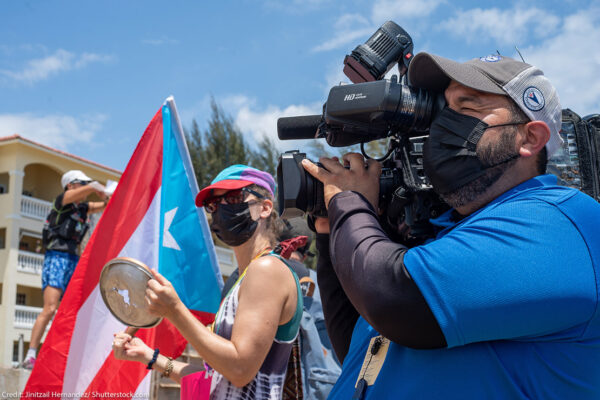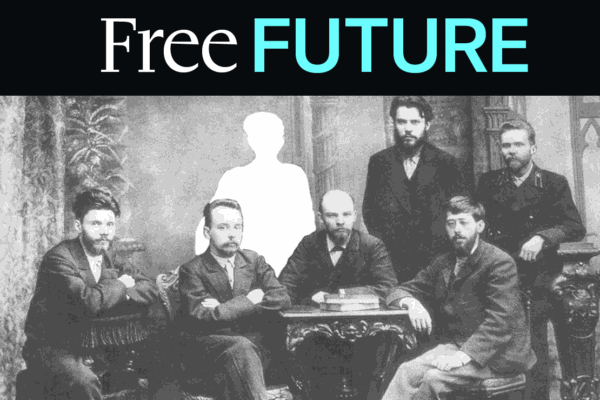PA Town Ends Fight Over Resident's Display of "Butterfly" Artwork on Front Lawn
FOR IMMEDIATE RELEASE
UPPER ST. CLAIR, PA -- An artist's eight-month battle with town officials over her right to display a painting of butterflies in her front yard ended today with an agreement that all residents are entitled to display constitutionally protected words and images.
Under the agreement, which came as a result of a lawsuit filed on behalf of artist and animal rights activist Nancy Bellamy by the American Civil Liberties Union's Greater Pittsburgh chapter, Bellamy can continue to display her original four-by-eight foot paintings on her front lawn.
In addition, all township residents will be allowed to display an unlimited variety of signs or paintings totaling up to 20 square feet year-round. For 120 days out of the year, Bellamy and all other township residents can display signs or paintings up to 32 square feet.
Bellamy expressed both pleasure and relief at the outcome. "I never waivered in my certainty that people in this country have a right to display art on their front lawns," she said. "And I'm extremely grateful to the ACLU, without whose help my paintings would have been censored long ago."
Charles Van Keuren, a volunteer lawyer for the Pittsburgh ACLU, said that artists and others who want to express themselves should not be treated like second-class citizens. "If free speech in this country has any value, people must have the right to express themselves on their own property," he said.
The controversy began last July, when township officials notified Nancy and her husband, Randy Bellamy, that a 32-square-foot painting of butterflies on their front lawn was illegal under the township code. The rules allowed many different types of expression, including political signs, real estate signs and messages of congratulations. But paintings were not permitted.
The butterfly painting is not the only expression Bellamy has displayed. In May, she posted a similar sized display on her lawn in opposition to deer hunting on local park lands by residents. But that display was considered a "political" sign, which is allowed under the code, and Bellamy complied with the rule requiring that she remove the sign three days after the measure passed.
Last September 1999, the ACLU filed suit on behalf of the Bellamys, saying that the township's refusal to allow paintings on residential property violated the free speech clause of the First Amendment. In addition, the ACLU attacked the constitutionality of the Township's zoning code, saying that varying "time, place and manner" restrictions on different messages were illegal.
After three court hearings and six months of legal wrangling, a settlement was hammered out yesterday with the assistance of U. S. District Judge Robert Cindrich. Highlights of the settlement include the following:
- The township will repeal current sections of the zoning code relating to residential signs and political advertising. New provisions will be added that treat all messages and displays, including art, the same.
- 365 days out of the year, residents will be permitted to display an unlimited variety of signs or art up to a total of 20 square feet, and displays larger than 20 square feet, up to 32 square feet, will be permitted for 120 days per calendar year.
- During the 30 days before and 3 days after an election, residents will additionally be allowed to display an unlimited number of signs that are 4 square feet or smaller. The Bellamys would during this time be allowed to display an unlimited number of paintings smaller than 4 square feet.
"Perhaps most important about this settlement is the fact that the township will no longer play censor, deciding which messages are more valuable," said Witold Walczak, the Pittsburgh ACLU's director. "The rules governing displays will not depend on whether the sign says vote for Nancy, congratulations Nancy, buy Nancy's house, or is simply a picture of Nancy. All of these displays will be subject to the same rules and treated equally."
The Bellamys were represented by Walczak and ACLU volunteer lawyer Charles Van Keuren.



